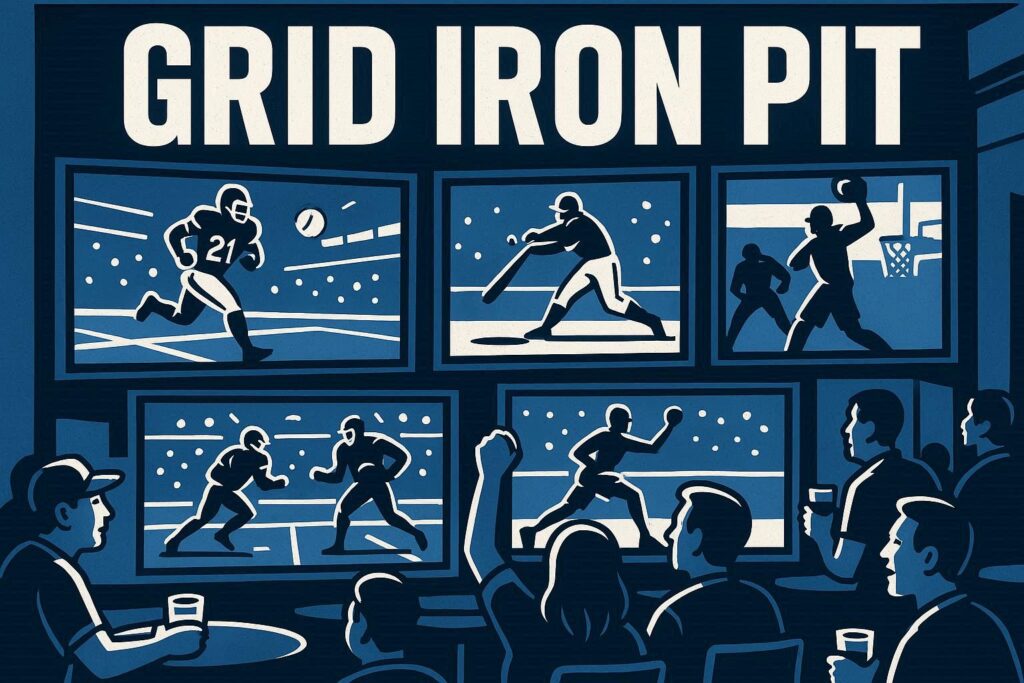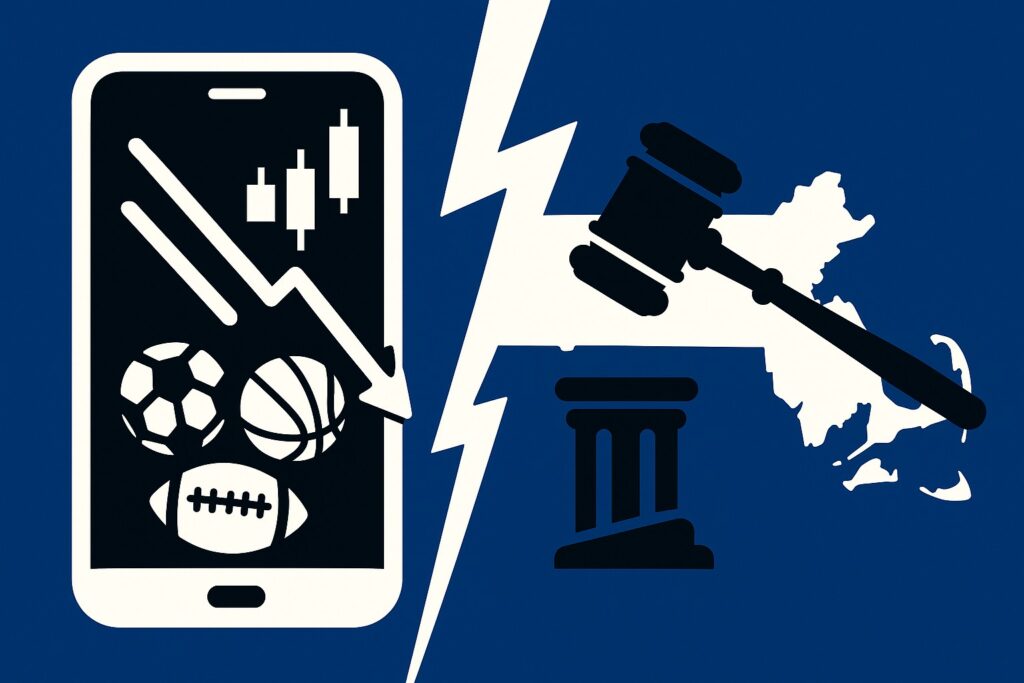Key questions: Are there workarounds, what constitutes a ‘session’ and are sports-event contracts gambling?
Bi-partisan support is gathering for the FAIR BET act, a bill introduced by Rep. Dina Titus (D-NV) to reverse the provision in the One Big Beautiful Bill Act that caps the losses gamblers can claim at 90 percent. Ten co-sponsors, including five Republicans, have signed on, and Jacky Rosen (D-NV) and Ted Cruz (R-TX) are co-sponsoring a similar bill in the Senate.
While this gives bettors reason for optimism, passage of the legislation has a long way to go. It’s not exactly high on Congress’ agenda.
In the wake of the new law, we spoke to two accountants who specialize in gambling tax about its impact, should it not be reversed.
Catastrophic or mitigatable?
Professional bettors have lamented the new rule as catastrophic, the potential end of their careers. At the same time, they’ve expressed confidence that they and their accountants will find ways to mitigate the heavier tax burden.
But “there aren’t many workarounds,” Russell Fox of Clayton Financial and Tax told Comped.com the week after the OBBBA was passed and signed. “The bill is very specific.”
Fox isn’t buying the argument that the law is unconstitutional, since the US Supreme Court ruled in 1992 that deductions are a matter of legislative grace.
“If Congress decides there aren’t any deductions for gambling losses, that’s going to be OK,” Fox said. “That’s the US Supreme Court ruling. I don’t see that changing.”
What constitutes a session for a sports bettor?
Per the prevailing thinking, the law has a greater impact on sports bettors than card players, for example, because of session accounting, which allows gamblers to aggregate their bets within a specified period, rather than report each individual wager.
Zak Zimbile, a CPA who works with pro and recreational bettors, believes mitigation could come from how sessions are interpreted.
Before the OBBBA was passed, “the buy-the-book definition of session for sports betting didn’t really matter because of the way that everything is reported on [pro bettors’] Schedule C, and no interpretation was needed because it’s not going to have any impact on their return,” Zimbile said.
“Now, interpretations are going to be much more important, and since there’s no guidance, there’s no case law, there’s nothing in the [Internal Revenue Code] about what exactly a session is, especially from a sports betting perspective, we’re going to have to make sure we interpret things that are both defendable, but also as beneficial to everybody that’s going through this as possible.”
While Fox agrees “we can always get creative,” any creativity must past muster. Counting an entire year as a sports betting session, for example, “doesn’t pass the smell test.”
“When there is nothing in the code, courts look at the dictionary definition,” he continued, and per the dictionary definition of session, “it’s pretty obvious that’s something with a discrete beginning and discreet end.”
Fox believes multiple bets on the same game could be grouped together, but bettors will have a difficult time convincing the IRS that bets on different games are part of the same session.
“There’s going to be a million ways that people are going to try to interpret [what constitutes a session] because they’re going to want to interpret it for what’s best for them,” Zimbile added. “But you have to look at it practically and try to figure out what a session is, and for a sports bettor, the longest session that from a practical standpoint is defendable would be a day.”
Do prediction markets differ from sportsbooks from a taxpayer’s perspective?
Some gambling insiders have suggested that the new cap on deductions could make prediction markets more attractive.
The tweet’s point about capital gains doesn’t work for Zimbile.
“Capital gains and losses are based off of things that relate to property,” the accountant said. “An events-based contract doesn’t really meet that standard.”
While the argument of whether sports-event contracts are equivalent to sports wagers is being litigated in courts all over the US, Zimbile believes treatment of profits and losses on prediction markets have to be treated the same as wins and losses at sportsbooks.
“We don’t necessarily care what the legal definition of this is,” he emphasized. “It’s the substance of what’s happening over the form of what’s happening. You can wrap up gambling however you want, but at the end of the day, we’re gonna strip away all that wrapping, and it’s still going to be gambling.”
The CFTC maintaining that sports-event contracts are financial hedging instruments, not wagers, might not matter from a tax perspective.
“The question will be how does the IRS treat them,” Fox remarked. “Different agencies of the federal government do not have to treat things the same.”
Could be years before a ruling
An opinion from the IRS chief counsel’s office on the tax treatment of prediction markets is likely a few years away.
The new gambling tax law, if it sticks, is effective on Jan. 1, 2026. Audits generally occur 12 to 18 months after a tax year ends, so in 2027 or 2028, an auditor may ask the chief counsel, “Hey, I need to know how to deal with this. Is this really gambling?,” Fox says.
The chief counsel’s opinion wouldn’t be made public until the audit is closed, which might not happen until mid-2028.
“We’re already three years away from this,” Fox surmised. “That’s as early as it could be, and it could easily be in the 2030s.”





